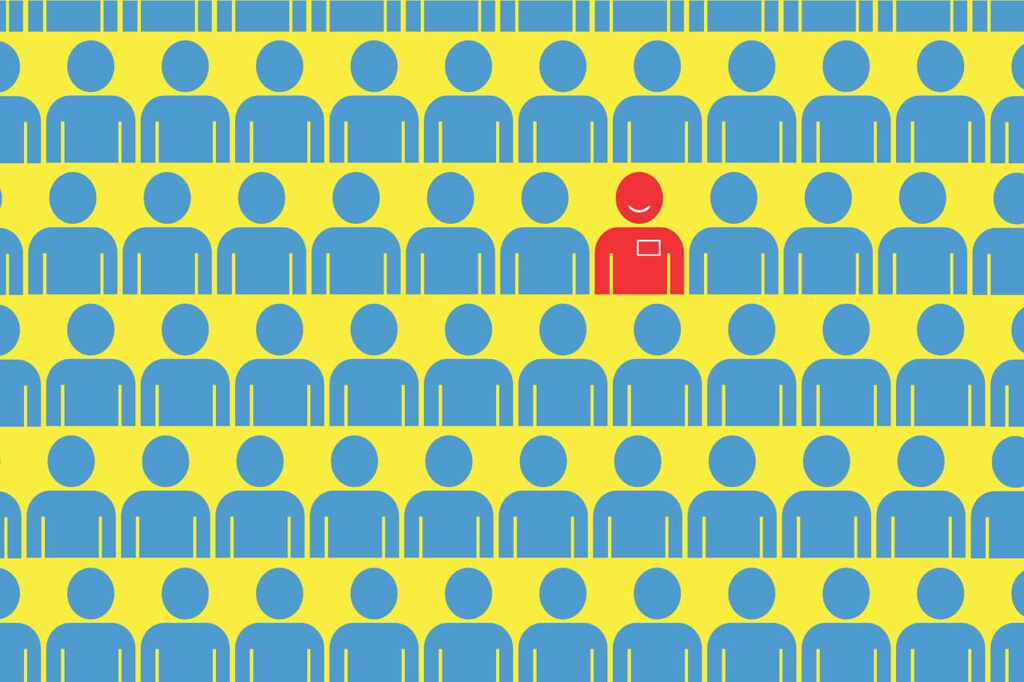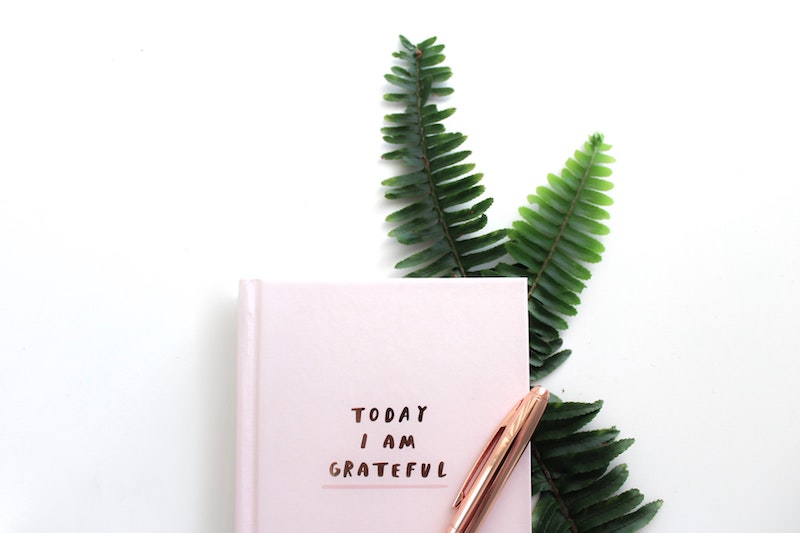[custom_frame_center] [/custom_frame_center] When you are preparing for an interview, you’re probably thinking it’s all about the potential employer, and in large part, it is. You want him or her to like you and value what you bring to the table.
[/custom_frame_center] When you are preparing for an interview, you’re probably thinking it’s all about the potential employer, and in large part, it is. You want him or her to like you and value what you bring to the table.
But just like a first date, a first (or only) interview is just a snapshot. A second date, or a job offer, is a reward for a positive first impression. While a potential mate or employer can seek out more information through friends and social media, an employer may get help from a recruiter and the added bonus of discovering you on paper (another reason not to lie on your CV).
Often, you are hired based on the person the employer meets that day…dressed up, prepared and polished. Hiring someone from one interview is like marrying someone after a first date. Makes you wonder why employers hire so quickly. If an employer wants to hire and maintain an employee, shouldn’t the process be more like establishing personal relationships? An interview (a first date), a temporary position (dating) and then an evaluation and official hire (proposal, acceptance and marriage). Necessity often overrules this option. Employers need to expediently fill positions and have to trust their judgment. A hire is made and they hope for the best.
So what happens two years down the road? You’re not the same person and the company has changed financially/culturally/physically…then what do you do?
Like any successful personal relationship, the whole process of being in and maintaining an employment relationship depends on mutual involvement and serious consideration. We’ve all done it, but if you enter into any relationship based on desperation, the situation is tenuous. So how do you build a positive business relationship?
When you are in an interview, you are also interviewing the employer. A recent article by Jacquelyn Smith, “The 3 questions one CEO hopes to hear from everyone he interviews — but hardly ever does” outlines three questions from David Melancon, CEO of btr. Each is significant to the employer and future employee and goes beyond the scope of the typical money and benefits questions. They are much more personal, including the qualities needed to be successful (personally and professionally), and incentives and motivational plans. He suggests asking about what the company does to encourage and develop happier employees.
Here are some tips to consider when you are doing your part of the interview:
Consider where the interview is being held.
If your interview is not at the office where you would be working, ask to see it. There may be a reason why you are not being interviewed there. If there are refreshments at the interview, does the potential employer pay for yours? If not, there should be a red flag. If they attempt to pay and their credit card is denied, you have been warned.
Watch the interviewer’s body language.
Is this person comfortable speaking with you? If this is the Human Resources person and he or she is uncomfortable, that is a bad sign. Remember that you will need to work with the HR person on some of the benefits most important to you. If this person is not personable, you may have problems down the road. If this person would be your direct manager, listen to their word choices, especially when you ask about personal development and incentive plans. If they see no value in employee development, they ultimately will not see value in you.
Bring all of your questions and expectations.
This includes the basics of money and benefits, but should also include asking about the vision of the company. Where does your job fit into this vision now and in the future? Remember, companies change. If you like this company, you’ll want to be comfortable to change with it.
Take notes and ask for clarification.
If something sounds strange, ask for more information. If you don’t get your answer, this is either a clue on how communication will be going forward or will require you do to more research. Communication problems are one of the top relationship problems, both personal and professional. Ask your questions and write down specifics.
Find out who your supervisor would be.
A name is not required, but a title is. Is this person a direct supervisor or are there multiple supervisors? This will give insight into their management structure. Will you have strict supervision or a more laidback approach? You have to know this to make sure the job fits your work style.
Know your work style.
Does this potential job fit with your work style? Do you need deadlines or do you do well with open-ended tasks? Do you work well with others or need to work alone? You can’t take a job that is the opposite of your work style.
Find out next steps.
When will the hiring decision be made? When would the starting date begin? When do benefits take effect? Ask the questions that might be awkward to ask. If you can’t ask those now, you won’t be able to later.
Building a relationship can be one of the most rewarding life endeavors. If you decide to change your work relationship, make sure it is worth your while…and theirs.
——————–
By Melissa Baysinger


